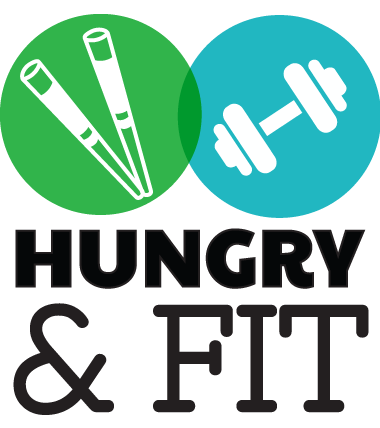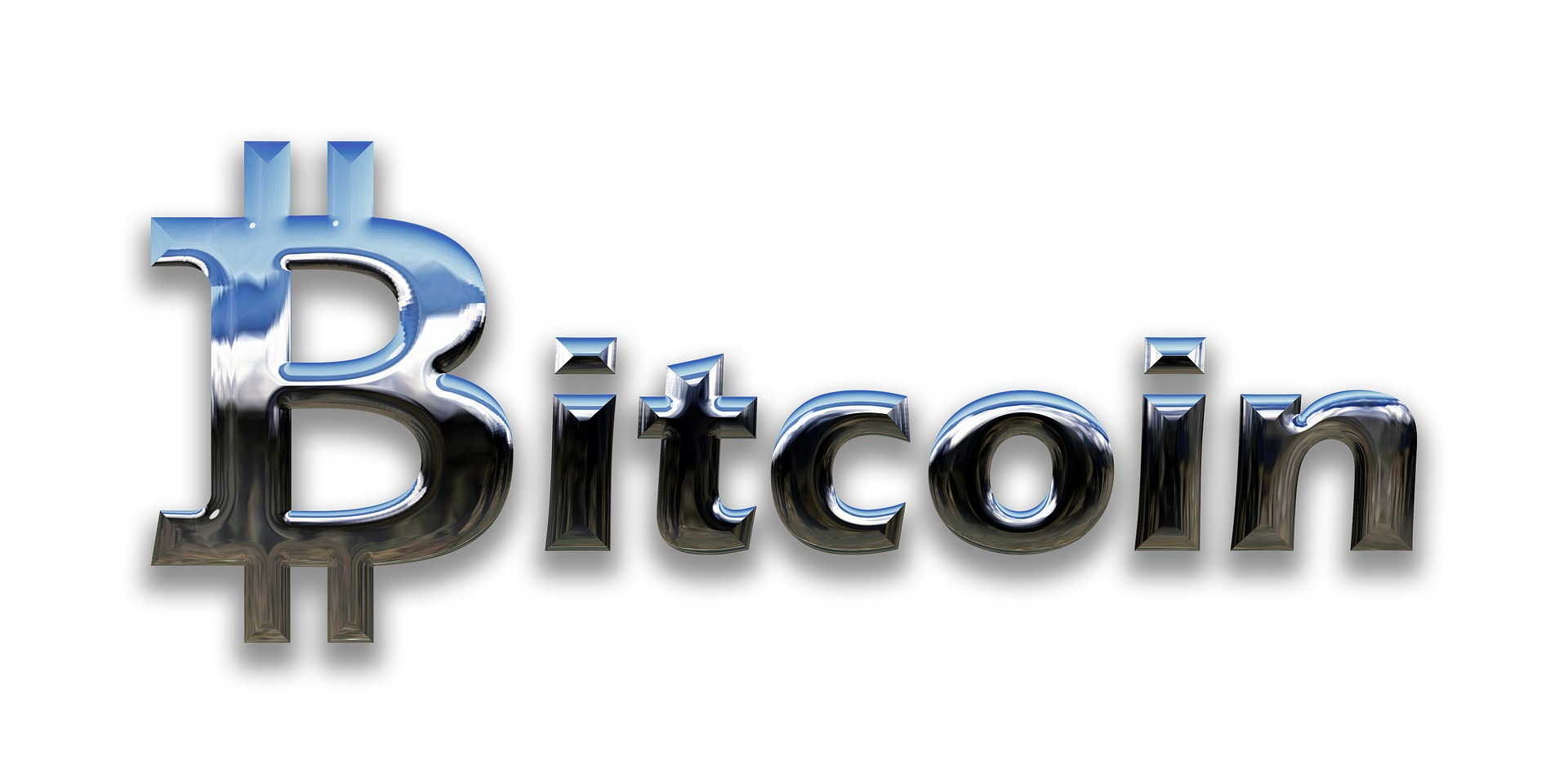Can you use the blockchain in other industries besides Bitcoin trading? You surely can, because this technology has immense potential that goes much beyond digitalized currencies. The blockchain technology is essentially a public database which can be accessed across a network. This blockchain network can monitor, record, and empower transactions. So, the technology basically eliminates the need for any governing financial body or middleman as everyone can view the records of transactions in the blockchain.
How can blockchain benefit the healthcare sector?
The healthcare industry is a data-and-personnel-intensive field and here the power to access or edit data can be critical for its operations. If one were to split the work in the healthcare industry into clinical decision-making, health problem-solving, assessment of knowledge, finding the best possible healthcare solutions could be possible. The blockchain technology has brought about innovations in cryptocurrency trading to carry out the trade autonomously using trading bots like bitcoin era and the same automation process when employed in healthcare it can reduce the administrative costs by automating the billing and maintenance of patient records. The success of this industry depends on engaging a multidisciplinary team comprising of health professionals who can implement the right technologies, knowhow, and skills when dealing with patients. So, it is obvious that this industry could greatly benefit from blockchain technology applications such as the enhanced ability to manage and capture patient medical records.
- To start with, healthcare deals with innumerable patient and medical records. The blockchain works like a catalogue of digital records where every transaction is stored and verified by each participant in this network. You can add data but data once entered, cannot be deleted or tweaked. So, blockchain allows multiple groups like physicians, health plans, hospital systems, and patients to share data through one secure system.
- Most biopharmaceutical companies have been trying to find ways to use the blockchain technology to track and monitor their products. For instance, a certain product may need to be stored at a specific temperature; so, sensors are being included in shipments that could send the temperature data through a blockchain. This technology can also successfully prevent substandard products and counterfeits from being sold in the market and biopharmaceutical manufacturing companies can use it for capturing and recording interactions with regulators.
- Many companies are using the blockchain technology for clinical trials. Companies can now share information from such trails securely with their regulators and sponsors. The technology helps organizations track and manage informed consent on multiple systems and sites. It could be used to collect data, build on and even share patient data across various clinical trial websites. This way, patients can also decide if they wish to let researchers access their medical records.
- Blockchain-driven hospitals and directories of physicians can use this technology for allowing health plans and providers to update their lists more often. When providers change networks or if a person can detect an error, corrections can be made automatically through smart contracts.
- Blockchain technology will allow people to access an incredibly huge volume of transactions from a wide range of pharmaceutical companies, health plans, and healthy systems. This data can be converted into readable data which a patient can benefit from. It can also be converted into records for use in a wide variety of electronic records systems. Any link to further procedures, diagnoses, or claims may be added over time, and access to this data will be managed by patients or by their designees.
- Finally, for insurance claims blockchain technology can be very beneficial. It will allow for more accurate claims and for detection of fraudulent claims. This is highly beneficial for Medicaid or Medicare where the payments need to be coordinated amongst payers, government, banks, and providers. Claim reviews will become faster since data is readily accessible and verifiable by a blockchain.
Image Source: https://pixabay.com/illustrations/bitcoin-crypto-currency-currency-1995366/










